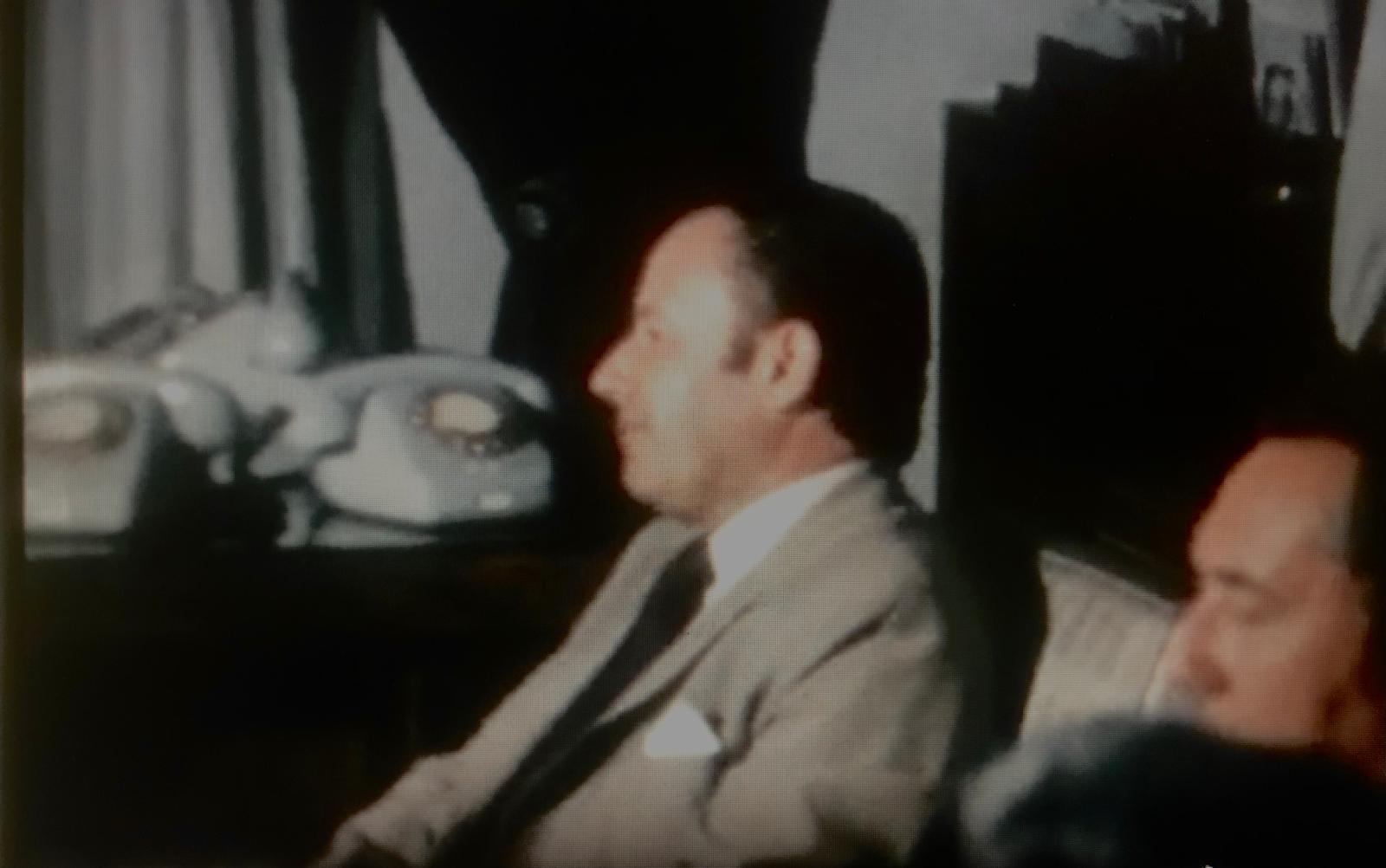Syria underscored the extent of Arab disunity today by organizing a rump session of foreign ministers in Damascus to try to sink longstanding plans for an Arab summit conference in Amman.
The impromptu conference in Damascus was organized overnight after Foreign Minister Addul Halim Khaddam of Syria flew home from here in a huff from a preliminary seven-man steering committee session last night. It delayed today’s scheduled plenary session of the 22-member Arab League’s foreign ministers designed to fix an agenda for the summit.
While the majority of Arab foreign ministers cooled their heels in their hotel here, Khaddam sought to rally his allies in the so-called Steadfastness Front to force postponement of the summit that Syria fears will be dominated by Iraq, its most bitter rival in the Arab world.
Gathered with Khaddam in Damascus for the two-hour meeting this afternoon were the foreign ministers of Algeria and South Yemen; a representative for the ailing foreign minister of Libya; and Farouk Kaddoumi, the political department chief of the Palestine Liberation Organization.
Syria and the PLO have demanded that the summit conference be postponed until Arab disputes — most notably differences over Iraq’s continuing war with Iran, a Syrian and Libyan ally — can be resolved.
Leaving Amman last night, Khaddam said that if the Arab summit was held despite Syria’s opposition, it would be the last Arab summit ever and would spell the end of the Arab League. That hard-line stand, however, seemed to have mellowed in the discussions with his allies in Damascus today. Some of them, notably the Algerians and Kaddoumi, feel that their grouping would be the big loser should they decide in the end to boycott the summit as Syrian President Hafez Assad has been threatening.
A moderation in the Syrian position became evident tonight when the Steadfastness Front representatives suddenly flew the 125 miles back to Amman, just in time to attend a dinner being given by Jordanian Foreign Minister Marwan Qassem for his colleagues who had been waiting all day for their meeting to begin.
“We have learned there are basic issues to be discussed here and to be resolved, so we have come,” Khaddam told newsmen on arrival. “It is premature to talk of our attendance at the summit before clearing the atmosphere and adopting the necessary measures that would guarantee Arab unity.”
Foremost among those measures sought by the Syrians, according to their statements in Damascus, is agreement on a later date for the summit, which was supposed to open Nov. 25. The Syrians clearly still want the summit postponed.
Syria’s efforts to scuttle the summit stem in great part from its fear that it is so isolated within the Arab world that it would be powerless to influence the summit and that Assad would be politically overshadowed by Iraqi President Saddam Hussein. By waging war with Iran and forming new alliances with Arab moderates such as Saudi Arabia’s King Khalid, Saddam Hussein is seeking to emerge as the Arab world’s dominant spokesman and leader.



